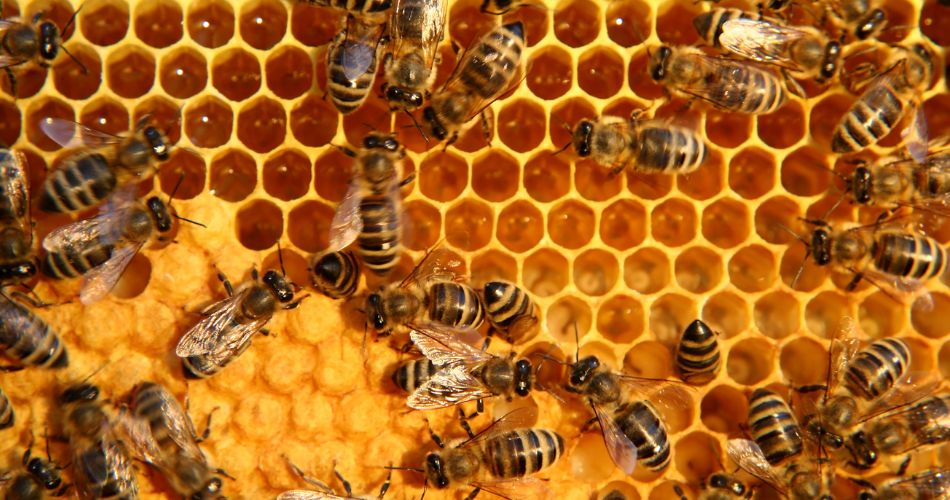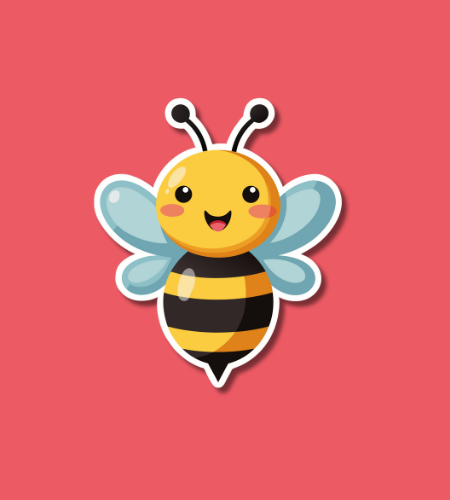World Bee Day, observed annually on May 20, is a global initiative established by the United Nations to raise awareness about the essential role bees and other pollinators play in sustaining ecosystems and supporting agriculture. This date was chosen to honor the birthday of Anton Janša, a pioneer of modern beekeeping from Slovenia.
History of World Bee Day
The idea for World Bee Day originated in Slovenia, a country with a rich beekeeping tradition. Anton Janša, born on May 20, 1734, is recognized as a pioneer in modern apiculture. His innovative techniques and teachings laid the foundation for contemporary beekeeping practices. In 2017, Slovenia proposed the observance to the United Nations, and later that year, the UN General Assembly unanimously proclaimed May 20 as World Bee Day. 1
The first World Bee Day was celebrated in 2018, aiming to highlight the importance of bees and other pollinators in ensuring food security, biodiversity, and environmental health. Since then, the day has been marked by various events and initiatives worldwide to promote pollinator-friendly practices and policies.
Why is World Bee Day important?
Bees and other pollinators are vital for the reproduction of many plants, including numerous crops that constitute a significant portion of the human diet. They contribute to food security and nutrition by enhancing crop yields and quality. Moreover, pollinators support biodiversity and the health of ecosystems, which in turn provide essential services such as clean air and water.
However, pollinator populations are declining due to factors like habitat loss, pesticide use, diseases, and climate change. This decline poses a threat to global food production and environmental stability. World Bee Day serves as a call to action to protect pollinators and their habitats, ensuring the sustainability of our ecosystems and agriculture.
- Bees are crucial for pollinating many of the crops we rely on for food.
- They support biodiversity by helping plants reproduce.
- Pollinators contribute to healthy ecosystems that provide essential services.
- Protecting bees helps ensure food security and nutrition.
- Raising awareness can lead to actions that mitigate threats to pollinators.
How to Observe World Bee Day
Observing World Bee Day can be both educational and enjoyable. One way to participate is by planting various native flowers in your garden or community spaces to provide forage for bees and other pollinators. Avoiding the use of harmful pesticides and opting for organic gardening practices can also make a significant difference.
Supporting local beekeepers by purchasing honey and other bee products contributes to sustainable beekeeping practices. Additionally, educating oneself and others about the importance of pollinators through workshops, social media, or community events can amplify the message of conservation.
- Plant native flowers to provide food for pollinators.
- Avoid using pesticides that can harm bees.
- Support local beekeepers by buying their products.
- Educate others about the importance of pollinators.
- Create habitats like bee hotels to support solitary bees.
Fun Bee Facts

- Bees can recognize human faces using pattern recognition, just like we do.
- A single honeybee produces only about 1/12 of a teaspoon of honey in its lifetime.
- Bees communicate through a “waggle dance” to tell others where to find flowers.
- Bees have five eyes — two large compound eyes and three small simple eyes on top of their head.
- There are over 20,000 known species of bees worldwide.
- Under proper storage conditions, honey can last for thousands of years — archaeologists have even discovered preserved honey in ancient Egyptian tombs.
- Bees beat their wings around 200 times per second, creating their distinctive buzzing sound.
- A bee colony can contain up to 60,000 bees during peak season.
- Without bees, many fruits, nuts, and vegetables would disappear due to lack of pollination.
World Bee Day Dates Table
| Year | Date | Day |
|---|---|---|
| 2026 | May 20 | Wednesday |
| 2027 | May 20 | Thursday |
| 2028 | May 20 | Saturday |
| 2029 | May 20 | Sunday |
| 2030 | May 20 | Monday |
Subscribe to our newsletter and never miss a holiday again!

